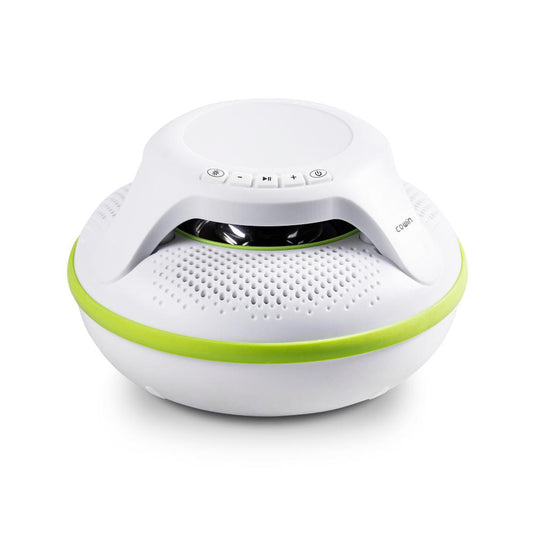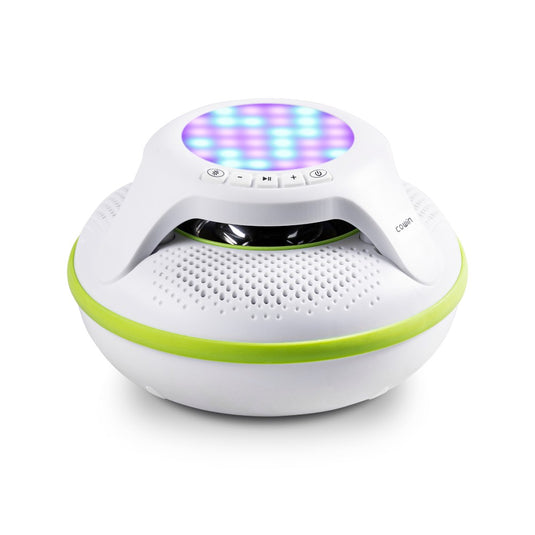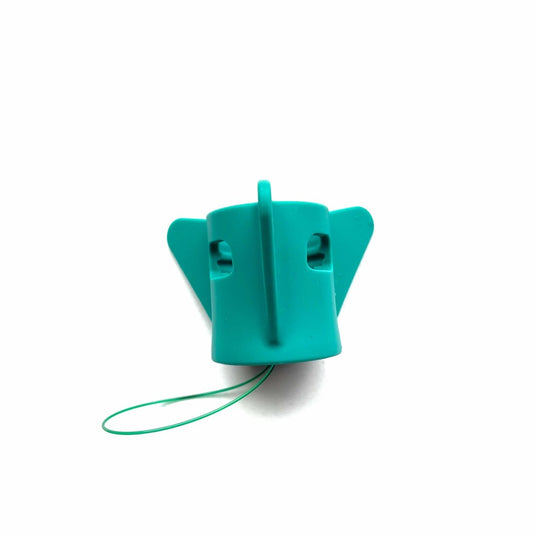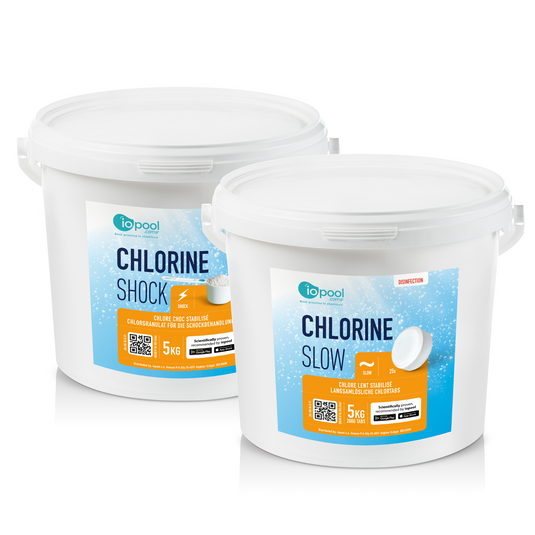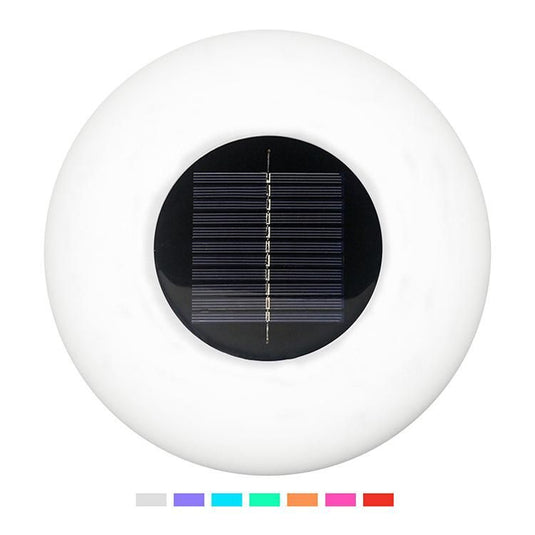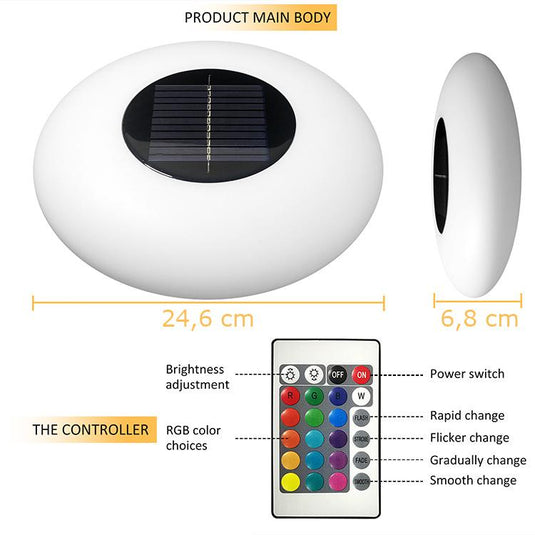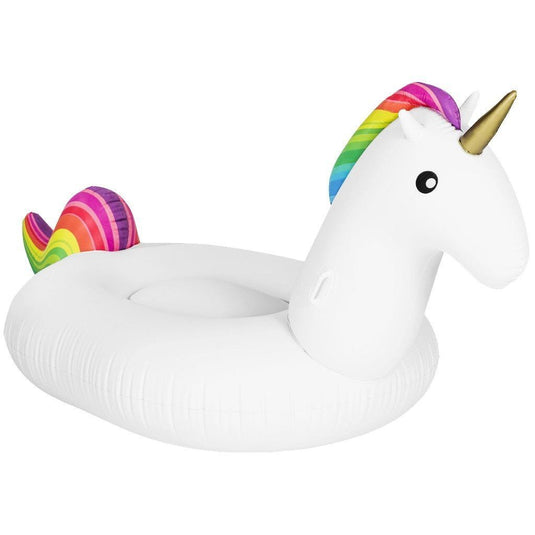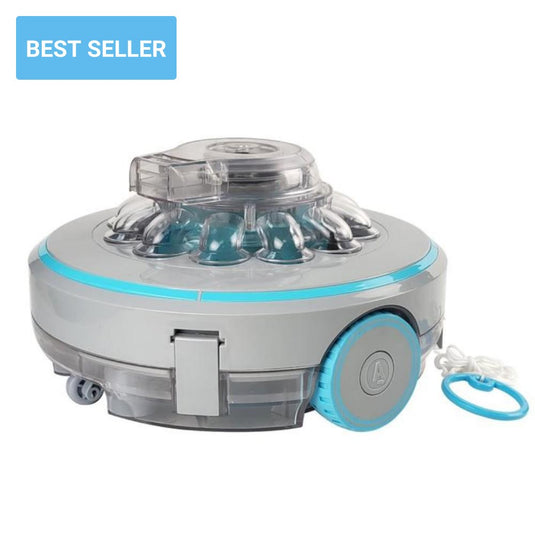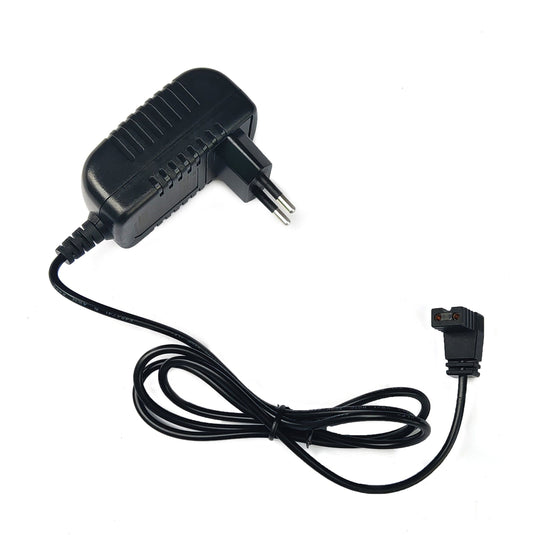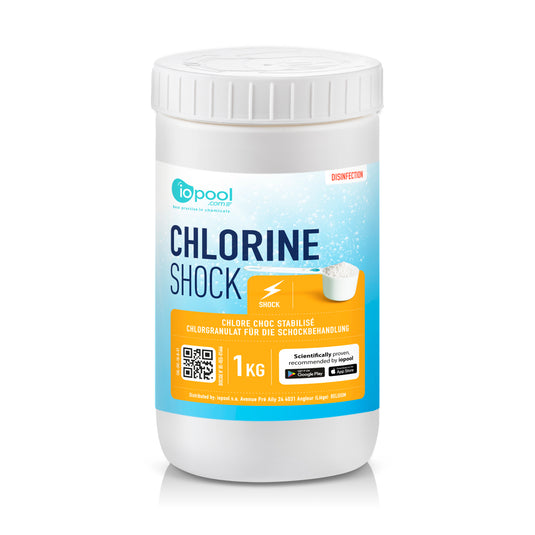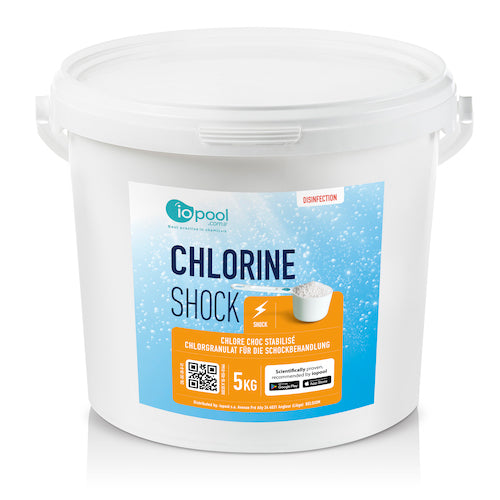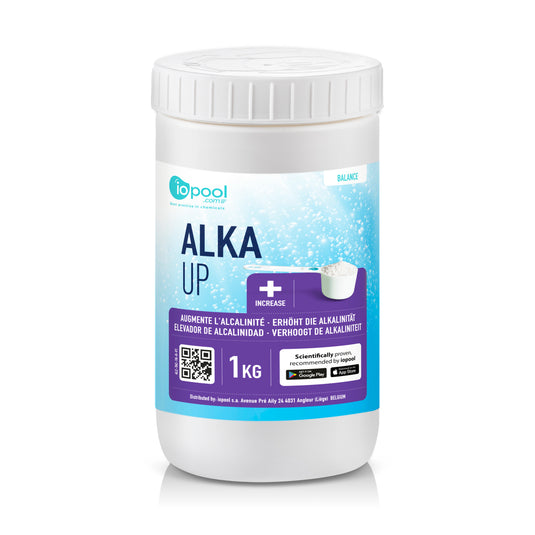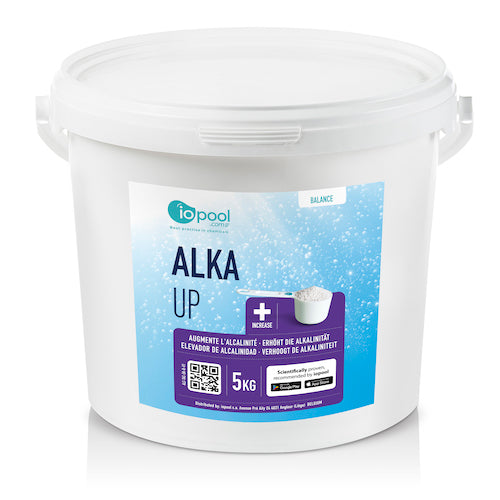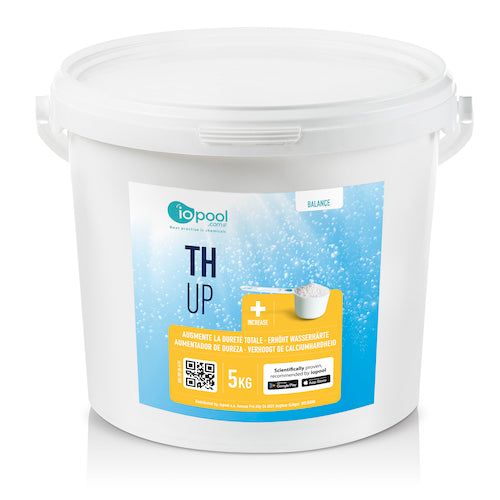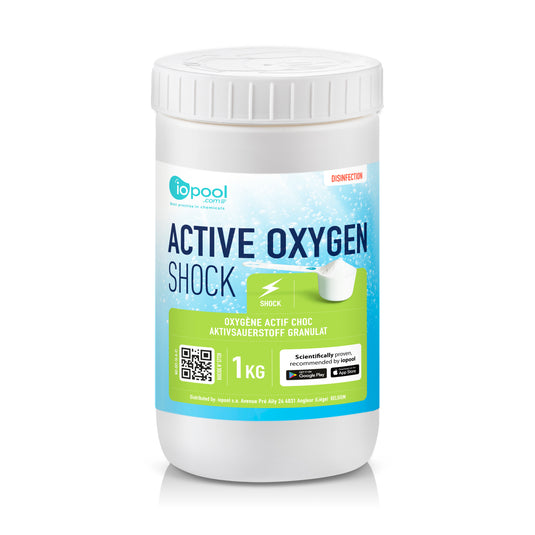Defective Pool Pump: 10 Common Causes

You do everything to ensure the health of your pool. You carefully calculate pump filtration times, maintain a regular cleaning schedule, and test the water daily. But what happens when your pool pump is broken? If your pool pump keeps tripping the breaker, it needs your attention. Today we go over the common reasons why your pump isn't working. We also give you ways to troubleshoot.
Reason #1: Too Much Moisture
Bushes, weeds, and leaves can cause an accumulation of moisture—which reduces airflow around your pool pump. Rain is another culprit for a wet pool pump. The excess water gets to the pump motor coil, resulting in a short circuit.
To troubleshoot, open the outside of the motor and use a blower or heat gun to remove moisture. Covering your pool pump also prevents this problem from recurring. It also helps to do a little gardening. For example, trimming bushes and trees ensures your pump doesn't get clogged.
Reason #2: A Dirty Motor
If your pump runs but has low water flow, your pump may need cleaning. Dirt can clog your pool pump and reduces circulation. Also, if your pool pump isn't rotating, it's probably full of debris. A stopped motor also causes your pump to work harder, increasing the chance of overheating.
To clean your pump motor, open the motor cover and vacuum away debris. Brushing or sweeping away the dirt works, too. Also, an air compressor can help you get to hard-to-reach areas.
Reason #3: Incorrect Pump Wiring
Wiring is an apparent reason for a broken pool pump. Incorrect voltage or wire size can cause your breaker to trip. However, old wiring can be to blame also. With this, the wire's insulation may be unable to sustain the current, causing shortages.
How do you know the problem is electrical? First, you'll notice that the pump doesn't turn on or runs for a few seconds and shuts off.
This dilemma is one for professionals. So, consult with your local electrician to address the issue in your pool pump's electrical wiring.
Reason #4: Pest Infestation
Pests are a nuisance. They can chew through wires and short out circuitry as they seek warmth. In addition, insects and small animals can get through the pump motor's rear or control panel. So, ensure to block off these access points to keep them out. Also, use insecticide as needed.
Reason #5: An Old Pump
Your pool pump can't last forever. The average lifespan of a pool pump is eight to 12 years. After that, you'll probably need a replacement.
But there are things you can do to prolong its lifespan. For instance, it's best to keep the pump running instead of turning it on and off. And maintaining a balanced water pH helps increase the life of your pump.
To check the health of your pump, you can use a multimeter to gauge resistance. If the motor has little resistance, it's time to look for a replacement pump.
Reason #6: Heavy Snow
Snow accumulation causes moisture and poor air circulation—a recipe for disaster. Not to mention, repeated freeze and thaw cycles cause internal rust. When this happens, your motor will lock up when it's time to open your pool for spring.
Of course, small amounts of snowfall are no reason to worry. But if you live in a region that gets heavy snow, this could spell problems for your pump.
You can remedy this issue by covering the pool pump during winter. But ensure you allow for enough airflow on all sides. For this same reason, never cover your pump in plastic.
Reason #7: Excess Mulch
Mulch is an acidic material, and it draws in moisture. The result? Acid and moist air around your pool pump. This environment can be corrosive to the pump's parts. And as you add more mulch each spring, this raises the ground level and decreases airflow.
The solution? Use gravel instead of mulch around your pool's parts. Also, use a rake or leaf blower to remove sticks, leaves, and other mulch-like materials.
Reason #8: Loose Terminal Connections
Unsecured connections may result in circuit breaker trips. If you find a loose wire, never tighten it while the power is on. Instead, confirm that it has no power before doing anything to the unit.
Reason #9: Damaged Circuit Breaker
Sometimes it's not your pump's—it's your circuit breaker. First, check to see if there are burn marks on the breaker. You can also use a multimeter to see if it produces power.
After discovering that your circuit breaker is damaged, replace it immediately. If you plan to replace it yourself, check for the correct amp rating and circuit break type.
Reason #10: Air Bubbles
We've talked about how lack of air can impact your pump, but too much air can cause issues. Excess air bubbles in your pump are usually caused by poor sealing or a damaged pipe. Inspect the area between the pump and the skimmer to find the leak. In addition, faulty or loose o-rings and seals may be to blame for excessive air bubbles. If you notice black stains on your fingers after inspecting your o-ring, it's defective and needs to be replaced.
Placate Your Pump Issues
Your pool pump is an essential piece of equipment. So, it's vital to tackle the issue ASAP when something goes awry. Most of the reasons we've outlined are simple to remedy, but others require professional attention. If you don't feel comfortable doing something yourself, don't hesitate to call an expert.
For further pool maintenance reading, check out the rest of our blog.

